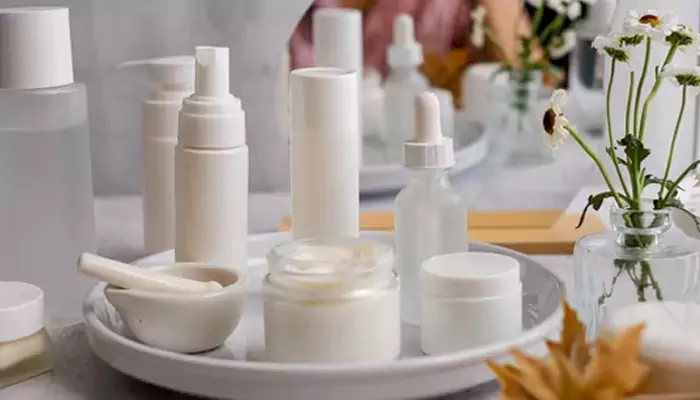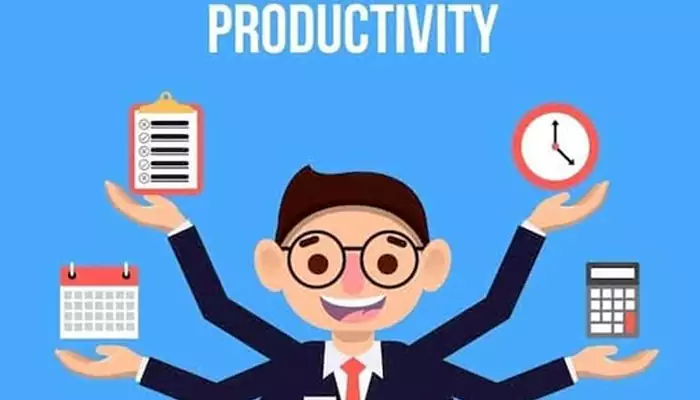Compost to Cut Waste: How Going Green Starts with Your Garbage
- TNT News Desk
- 8 months ago
- 6 minutes read

Let’s break down the science behind composting, explore how it helps with food waste reduction, and provide you with practical tips on how to start your very own compost bin.
In today’s world, where waste management and environmental sustainability are more important than ever, composting has emerged as a powerful tool for reducing waste and promoting a more eco-friendly lifestyle. Whether you’re an eco-conscious homeowner, a gardener, or someone passionate about sustainable living, composting offers an easy and effective way to manage your organic waste and help reduce the strain on landfills. But what exactly is composting, how does it work, and why is it so beneficial?
What is Composting and How Does It Work?
Composting is the process of turning organic waste—such as food scraps, yard trimmings, and other biodegradable materials—into nutrient-rich soil. This natural process mimics the way organic matter decomposes in nature, but in a more controlled and efficient manner. By composting, you can turn everyday waste into a valuable resource for your garden or lawn.
The science behind composting is based on decomposition, which occurs when microorganisms, such as bacteria, fungi, and worms, break down organic material. These microorganisms need air, moisture, and the right balance of carbon and nitrogen to thrive. When these factors are present, the microorganisms begin to break down the organic matter, turning it into humus, a dark, rich material that is full of nutrients that plants can use.
The decomposition process goes through several stages, starting with the breakdown of plant material by bacteria. Then, fungi and other organisms break down the more complex organic materials. Over time, the pile heats up as microorganisms break down the waste, producing heat in the process. This heat accelerates decomposition and also kills pathogens or weed seeds in the material, making the compost safe for use in your garden.
The Environmental Benefits of Composting
Composting isn’t just about managing your waste—it's about protecting the planet. One of the biggest environmental benefits of composting is the reduction of landfill waste. Organic waste, such as food scraps and yard clippings, makes up a significant portion of the waste that ends up in landfills. When organic waste is buried in a landfill, it doesn’t decompose properly due to a lack of oxygen. Instead, it breaks down anaerobically, producing methane, a potent greenhouse gas that contributes to climate change.
By composting your organic waste, you’re preventing these materials from ending up in landfills and instead turning them into valuable compost that enriches the soil. Food waste reduction through composting helps divert tons of waste from landfills each year, reducing the overall environmental impact of waste disposal.

Composting also improves soil health by adding valuable nutrients and organic matter to the soil. Healthy soil supports healthier plants, reduces the need for chemical fertilizers, and helps retain moisture, which is essential in combating droughts. Plus, by reducing the need for synthetic fertilizers, composting helps lower pollution in waterways, reducing the harmful effects of fertilizer runoff.
How Composting Benefits Your Garden and Home
For homeowners and gardeners, composting offers a wealth of benefits. First and foremost, it provides a sustainable way to improve soil health. The rich, dark compost produced by decomposed organic matter is packed with nutrients that plants love. When added to garden soil, compost improves soil structure, making it easier for roots to grow and for water and air to reach plant roots. This results in healthier, more resilient plants that are better equipped to withstand disease, pests, and harsh weather conditions.
Additionally, compost helps retain moisture in the soil, reducing the need for frequent watering. This can be particularly helpful for homeowners looking to reduce water usage and maintain a more sustainable living environment. Compost also provides a natural way to enrich flower beds, vegetable gardens, and lawns, reducing the need for chemical fertilizers, which can be harmful to both the environment and your health.
Starting Your Own Compost Bin: A Step-by-Step Guide
Starting your own compost bin at home is a simple and rewarding process. To get started, first choose a spot in your yard that’s well-drained and gets a good amount of sunlight. If you’re using a compost bin, it should be placed on bare soil to allow microorganisms to easily reach the material.
There are various ways to compost, from using a simple compost pile to a closed compost bin or tumbler. A compost tumbler is convenient for turning the pile and can speed up the process. For larger spaces, a simple open pile or a three-bin system might be more appropriate.
The next step is to add the right materials. Composting works best when you have a balance of green (nitrogen-rich) and brown (carbon-rich) materials. Green materials include fruit and vegetable scraps, grass clippings, coffee grounds, and manure. Brown materials include dry leaves, straw, cardboard, and sawdust. Aim for about a 2:1 ratio of brown to green materials.
For composting to work efficiently, the pile needs to be kept moist, but not too wet. Turn the pile regularly (every few weeks) to provide oxygen, which speeds up decomposition. A compost thermometer can help you monitor the temperature of the pile. If it gets too hot (over 160°F or 71°C), it might need more air or brown materials to balance out the moisture.
After a few months, your compost should turn into dark, crumbly soil that smells earthy. This is your finished compost, ready to be used in your garden to improve soil health. Simply sift out any large pieces that haven’t broken down and return them to the pile to decompose further.
Composting for a Sustainable Future
Composting is an easy, effective, and sustainable way to manage your organic waste while benefiting the environment. Whether you’re looking to reduce your carbon footprint, create nutrient-rich soil for your garden, or contribute to food waste reduction, composting is a powerful tool in your journey toward a more sustainable lifestyle. With the right knowledge and a little effort, anyone can start composting at home and make a significant positive impact on the planet.
By embracing composting, you’re not just reducing waste—you’re helping close the loop in a more sustainable system of living that nourishes both the Earth and its inhabitants. So, why not green your garbage today and start composting? Your garden, the environment, and future generations will thank you.












